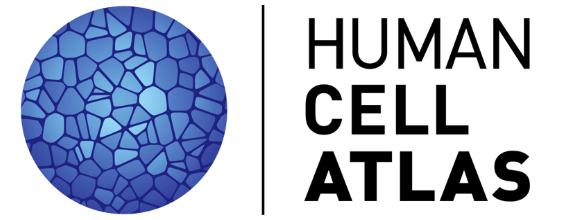HCA Policies and Procedures
Introduction
HCA Staff, Committees and Working Groups have developed comprehensive Policies and Procedures to enable the creation of the first Human Cell Atlas. These include General Policies, and documents for ensuring high standards in Equity and Ethics, Data Release, and Atlas Assembly. Please see below for links and upcoming documents.
For general information on HCA, please see the About the Human Cell Atlas page and the FAQ. If you have any questions, please contact hca@humancellatlas.org.
General Policies
- Code of Conduct
- Style Guidelines (including use of logos)
- Commercial Agreements to Empower Science
- HCA Publications process
- Travel Policy
- White Paper 2017
- Archive Policy
Ethics and Equity
- HCA Ethics Toolkit
- The Commitment of the Human Cell Atlas to Humanity
- HCA Statement on Black Lives Matter And Global Ethnic Equity
Data Policies
Atlas Assembly: Data Submission and Integration
- Atlas submission checklist for the Data Portal
- Data Ingestion Instructions (update in preparation)
- HCA Tier 1 Metadata Schema - v1
- HCA Tier 2 Metadata Schemas - fields specific to each Biological Network, please contact HCA if you have access issues
- Atlas Assembly SOP (in preparation)
